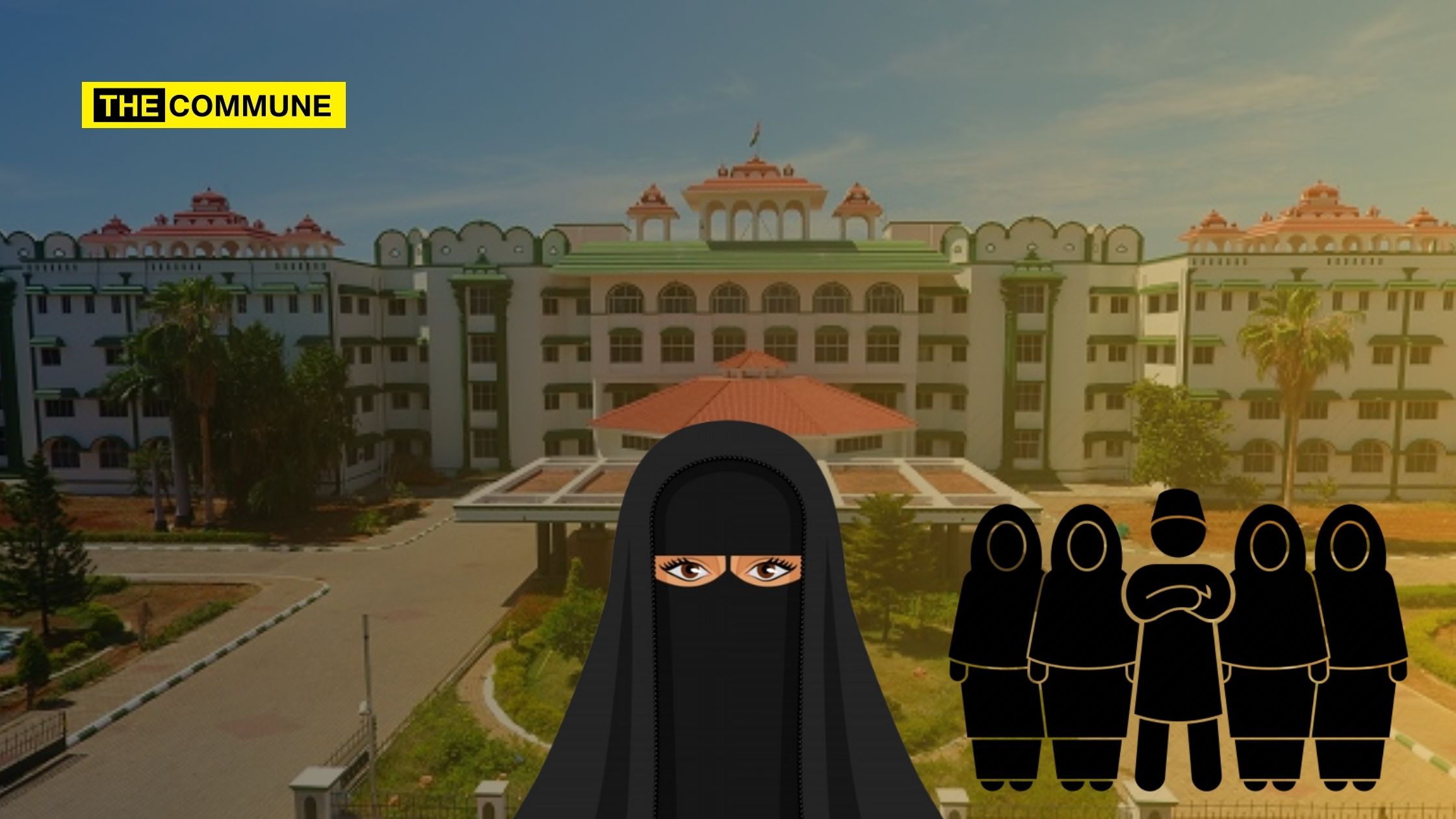
Madurai Bench of the Madras High Court on 25 October 2024, ruled that a Muslim woman has the right to seek damages from her bigamous husband, as his actions can cause mental harm and qualify as “domestic violence” under the Protection of Women from Domestic Violence Act of 2005.
Hearing a petition, Justice G.R. Swaminathan stated that if a Muslim woman contests the legitimacy of a triple talaq (divorce) issued by her husband, he must seek a judicial ruling, demonstrating to the court that he followed the proper legal procedures for the talaq.
Additionally, the judge emphasized that Shariat councils, which are community-based groups, do not possess the authority to adjudicate divorce cases. “Only state-established courts have the power to make legal judgments,” he noted, underscoring that Shariat councils operate as private entities and not as judicial bodies.
This decision arose from a domestic dispute involving a doctor couple who married in 2010 under Islamic customs and had a son together. In 2018, the wife, who works in the government, filed a complaint under the 2005 Act.
In 2021, a Judicial Magistrate granted her request for compensation, ordering her Muslim husband to pay ₹5 lakh for the domestic violence she suffered. This ruling was upheld by a sessions court in 2022, leading the husband to challenge it in the High Court in 2023.
The husband claimed he had issued three talaq notices to his wife in 2017 before marrying another woman. However, the wife argued that she had not received the third notice, asserting that their marriage was still valid.
In his ruling, Justice Swaminathan pointed out that the definition of “domestic violence” in Section 3 of the 2005 Act encompasses any actions by the husband that harm or distress the wife, whether physically or mentally. He stated that bigamy would indeed cause mental suffering.
The judge further explained that while a Muslim man is permitted to have up to four wives, this right does not negate the wife’s entitlement to seek maintenance or refuse to live in the matrimonial home.
The court concluded that the wife could claim compensation for the husband’s bigamy, noting that he had not provided evidence to show that the third talaq notice was properly served.
Although the husband presented a “divorce certificate” from the Shariat council, Justice Swaminathan remarked that it was troubling, as it placed blame on the wife for not cooperating.
He emphasized that only state-authorized courts can issue valid judgments, criticizing the reliance on a Shariat council’s certificate. The judge expressed skepticism over how the husband’s father could serve as a witness for the talaq, likening it to a biased testimony, and quoted a Tamil saying to illustrate his point.
(With inputs from The Hindu)
Subscribe to our channels on Telegram, WhatsApp, and Instagram and get the best stories of the day delivered to you personally.




